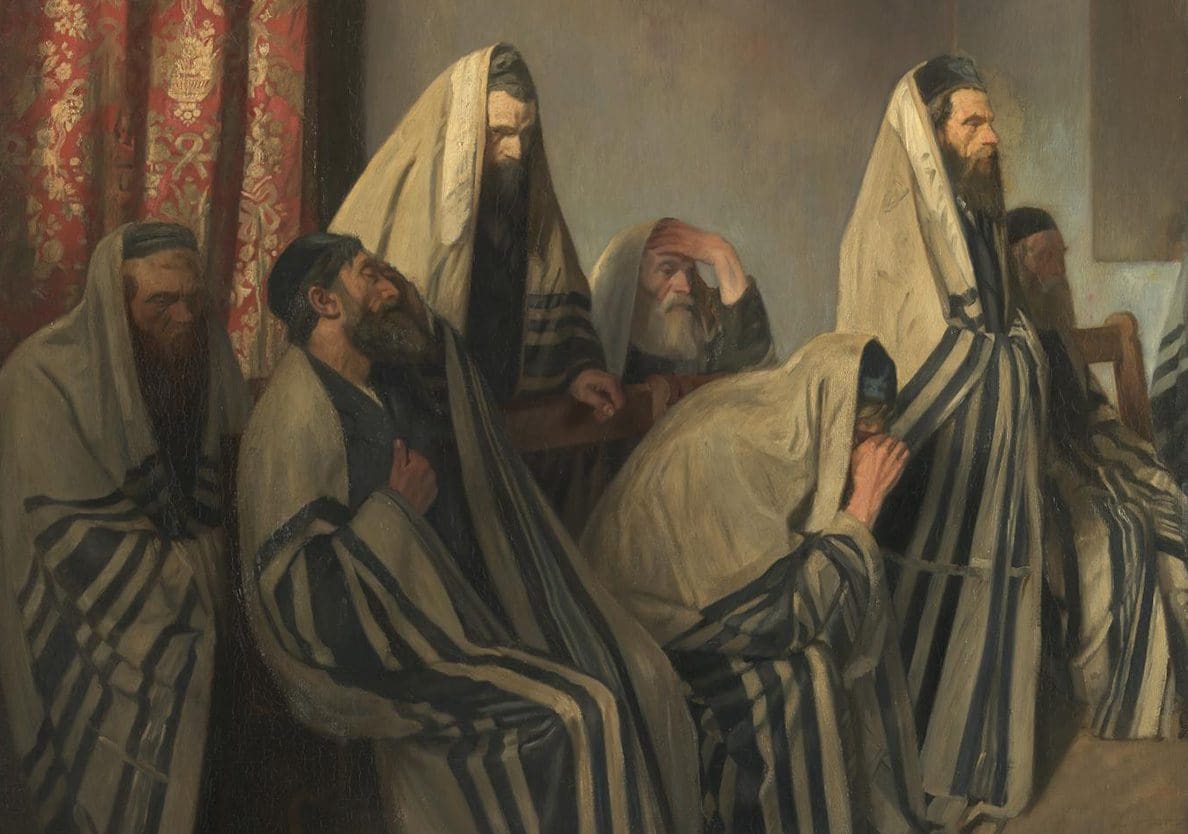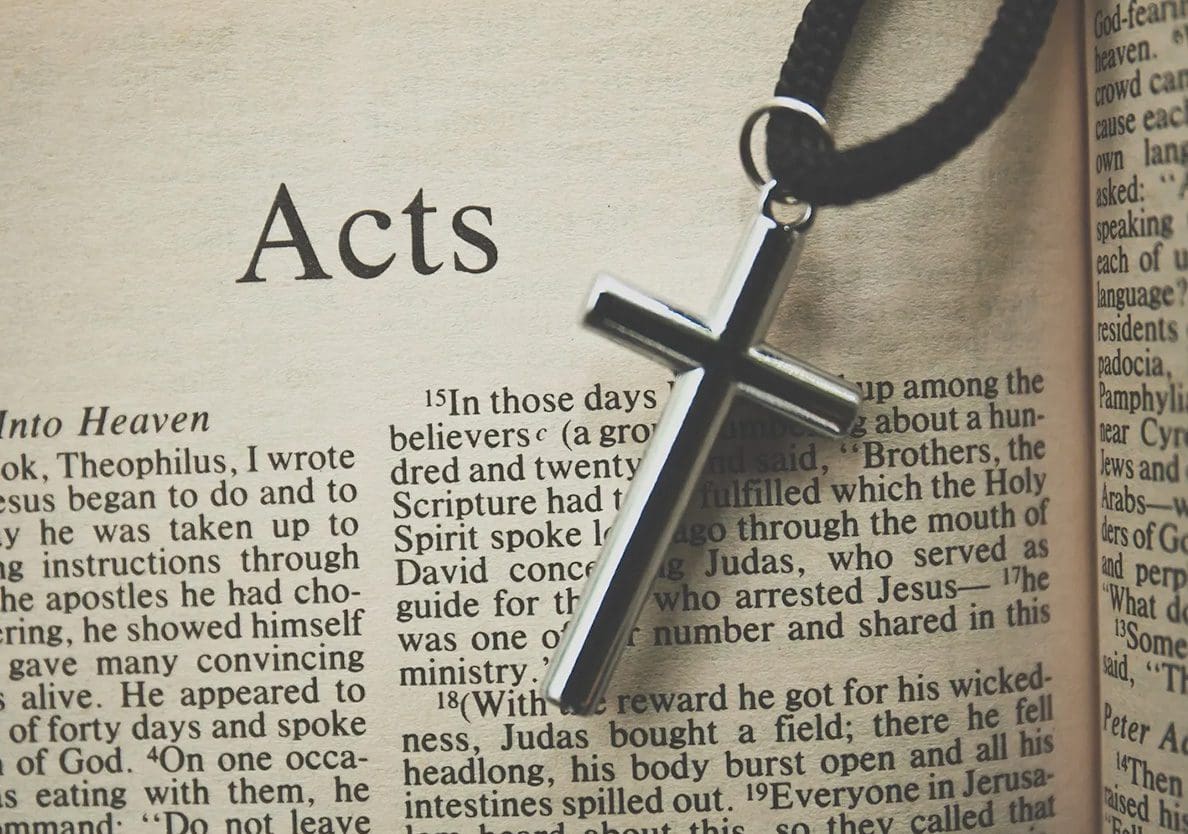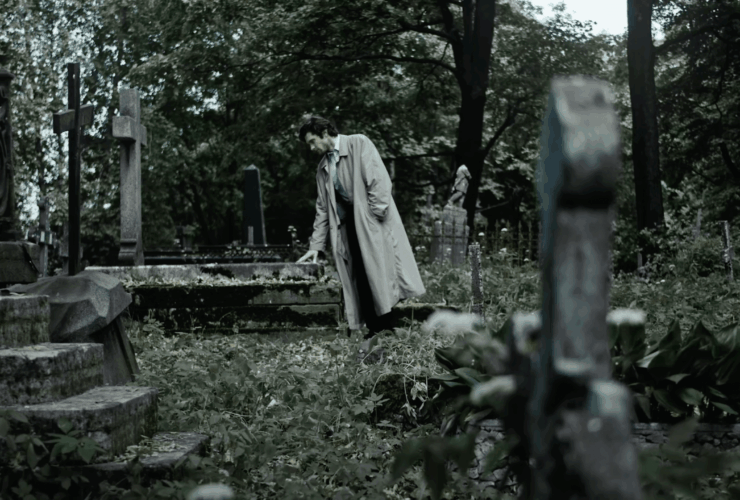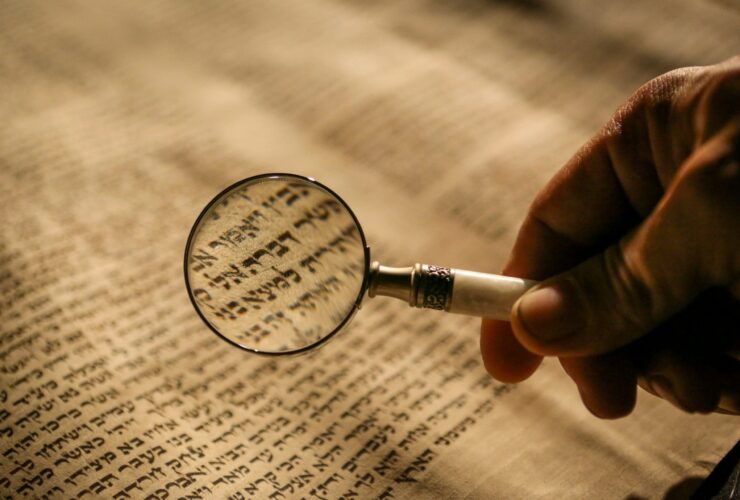In Acts 3 Luke records how Peter and John, while on their way up to the Temple, met a man who had been lame from birth. Though money was what this beggar was expecting from them, on this day he received the unexpected. Simon Peter, under the influence of the Holy Spirit, uttered those unforgettable words: “Silver and gold I do not have, but what I do have I give you: In the name of Jesus Christ of Nazareth, rise up and walk” (Acts 3:6). This miraculous healing stunned the masses and provided a perfect opportunity for Peter to deliver a very effective sermon.

Another thing that made his message so powerful though was the timing of this event. Notice that before Luke even told us about this healing, he first established when it happened. He says in Acts 3:1 that “Peter and John went up together to the temple at the hour of prayer, the ninth hour.” While this detail may seem trivial, it is actually a key to fully understanding the approach Peter took with his audience. This miracle occurred during the ninth hour (or three o’clock in the afternoon), which was an hour the Jews dedicated to prayer. Also, important to know about Jewish life is that “Prayers were instituted in the synagogue to correspond with daily offerings of the Temple: shacharit (morning prayers), minchah (mid-afternoon prayers), and ma’ariv (evening prayers). These specified times of prayer were adopted following the destruction of the First Temple to replace the sacrifices.”[1]


So, according to Luke, Peter was delivering his sermon during the regular mid-afternoon prayer. But why is this detail important? Because Peter knew this and capitalized on it by opening his sermon with a quote from the very same prayer the people had just been praying. He says in Acts 3:13: “The God of Abraham, Isaac, and Jacob, the God of our fathers, glorified His Servant Jesus, whom you delivered up and denied in the presence of Pilate, when he was determined to let Him go.” By invoking “the God of Abraham, Isaac, and Jacob, the God of our fathers” Peter is drawing from the central section of the mid-afternoon prayer, called the Amidah. So, in essence, Peter is saying to them: ‘The very God (to whom you were just now praying to) has glorified his servant Jesus and it is through Him that this poor beggar has now been healed.’[2] It was a powerful sermon delivered at precisely the right time and in just the right way.
This is a good reminder that although certain details in the Bible may seem trivial or irrelevant to us, they are there for a reason. It does us well to dig into the details.

Ryan Hembree is a daily co-host, speaker, and writer of Bible Discovery. He also hosts a YouTube channel that shows the unity of the Bible and how science and Scripture fit together. Ryan also has an honorary Masters of Ministry in Creation Science from Phoenix University of Theology.






